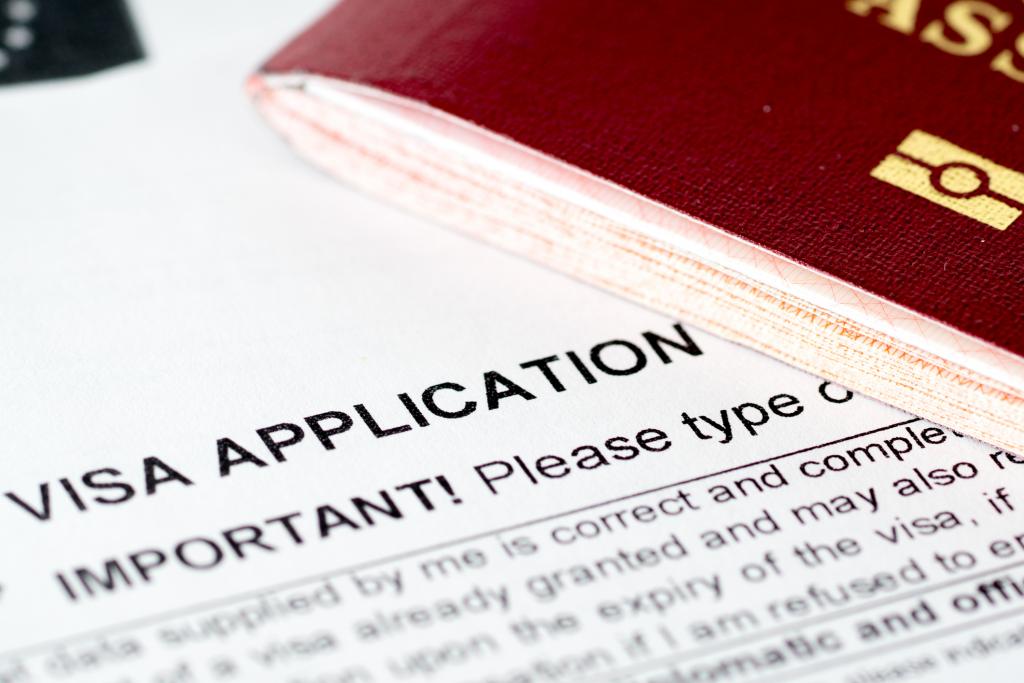
On 13 July 2023, the Government announced an increase to Home Office application fees and the NHS surcharge across the board; from work, visit and study visas to family-based entry clearance, leave to remain and citizenship applications. These changes will impact businesses seeking to fill recruitment gaps by looking overseas, as well as individuals looking to come to the UK for personal reasons.
UK Visa Application Fees Set to Rise
Whilst the Home Office have not provided exact figures for many of the increased fees, they have said that increases to work and visit visa application fees will be by 15%. Meanwhile, the cost of applications for study visas, citizenship, entry clearance, leave to remain and priority visas will increase by at least 20%. Businesses with a sponsor licence which are looking to assign a Certificate of Sponsorship (CoS) to will also see the cost of doing so increase by at least 20%.
Increases to the Immigration Health Surcharge
Further, the Immigration Health Surcharge, which has been frozen at £624 per adult, per year for three years, will increase to £1,035. This represents an increase of approximately 40%. The discounted Immigration Health Surcharge for students and under-18s will increase from £470 per year to £776 per year.
The purpose of the Immigration Health Surcharge is to allow migrants to use the National Health Service. The Home Office have said that this increase will help to fund a pay rise for doctors against the backdrop of the recent strikes. However, unions representing striking healthcare workers have pushed back against the rise, calling it “divisive” and “immoral”. A full impact assessment on the upcoming changes is yet to be published.
Not all applicants need to pay the Immigration Health Surcharge. For example, those applying as a visitor, fiancé(e) or on a healthcare worker visa do not have to pay it, and neither do people applying for Indefinite Leave to Remain, British Citizenship or as part of the EU Settlement Scheme.
What will be the impact?
As a result of these significant increases, it is possible that more businesses will seek to use “clawback” arrangements in their contracts with migrant workers. This is where the costs involved in the sponsorship process are deducted from the wages of the employed migrant worker once they have arrived.
It is also possible that more employees will fall into financial hardship as the result of having to cover their own immigration costs. This, in turn, could lead to Certificates of Sponsorship not being renewed (resulting in roles not being filled and exacerbated recruitment needs for businesses), or it could lead to compliance issues where an individual does not successfully extend their permission to work in the UK as the result of affordability issues.
When will the fees increase?
As yet, no date has been given for the increase in fees to take effect. Changes such as this are normally put before Parliament at least 21 days before they take effect, however, the Home Office has departed from this convention in recent instance. We would suggest that where possible, applications should be submitted as soon as possible, prior to the changes coming into effect.
Those intending to make an application in the near future are well advised to seek professional advice and submit their application as soon as possible. At Stephens Scown, our immigration team are extremely experienced in such applications and would be more than happy to arrange a consultation to discuss the best route forward.
If you have any further enquiries regarding the increase in visa fees and Immigration Health Surcharge, please feel free to contact our Immigration Team and we would be happy to help.
